What you’ll learn:
- Cinnamon water can be a tasty, low-calorie way to stay hydrated, but it isn’t a solution for weight loss.
- Some research suggests cinnamon may help with blood sugar balance, inflammation, or cravings, but the benefits are tied to supplements—not cinnamon powder or cinnamon water itself.
- Real, sustainable weight loss comes from healthy habits like balanced eating, movement, sleep, and stress management, not from any single drink.
When it comes to weight loss, the internet loves a quick-fix drink, like the pink Himalayan salt water trick or the “cortisol cocktail.” One of the latest beverages making headlines? Cinnamon water.
The idea is simple: combine the spice from your kitchen cabinet with water and let it steep. In minutes, you’ll have what many claim is a “miracle drink” that shrinks your appetite and helps you lose weight.
Sounds pretty amazing, right? But before you start stirring cinnamon into every glass, let’s pause for a reality check.
“The key to lasting weight loss is building healthy habits you can sustain, not a single food or drink,” says Kayla Reynolds, MS, NASM-CPT, Director of Knowledge, Learning, & Behavior at Noom.
That perspective matters. Cinnamon water can be a refreshing addition to your day—and it may offer some mild health perks—but it won’t drive weight loss on its own. Real progress comes from the bigger picture: a balanced diet, regular movement, and sustainable habits you can stick with.
Let’s take a closer look at what cinnamon water is, analyze the weight-loss claims, and explore the benefits and risks, so you leave with facts, not hype.
What is cinnamon water, and how is it being used for weight loss?
Cinnamon water is made by infusing water with cinnamon, either by steeping a stick, stirring in ground powder, or brewing it like tea. The result is a zero-calorie drink with a warm, subtly sweet flavor that doesn’t rely on added sugar.
On social media and wellness blogs, people swear by drinking it first thing in the morning, sipping it before meals to help with appetite, or swapping it in for higher-calorie beverages. The idea is that cinnamon’s potential health benefits—like supporting steadier blood sugar, curbing cravings, and giving a tiny metabolism boost—might make it easier to stick with a weight-loss routine.

How to make cinnamon water
There are a few popular recipes for preparing cinnamon water, depending on your taste preferences and how much time you have:
- Cinnamon stick infusion: Place one or two cinnamon sticks in a pitcher of warm or room-temperature water. Let them infuse for at least a few hours, or overnight in the fridge for a stronger flavor. This method gives a smooth, mellow taste and works well if you want to make a batch to sip throughout the day. (Cold infusions are especially popular for a lighter, more subtle flavor.)
- Ground cinnamon mixture: Stir about ½ teaspoon of ground cinnamon into a glass of warm water. This is the fastest method, but the powder doesn’t fully dissolve—so the drink can have a bold, slightly bitter flavor with a grainy texture. Some people let it sit for 10 to 15 minutes and then strain it for a smoother drink.
- Cinnamon tea: Steep a cinnamon stick or a cinnamon tea bag in hot water for 10 to 15 minutes, like you would with herbal tea. This method creates a warm, aromatic drink with a stronger, spiced flavor.
Popular variations of cinnamon water for weight loss
While plain cinnamon water is simple and satisfying for some, many people like to dress it up with extra ingredients for more flavor, and sometimes, added health perks. Here are some of the most common variations you’ll see online:
- Honey: Some recipes include a teaspoon of raw honey for a sweeter taste. Honey not only provides natural sweetness but also adds antioxidants and trace nutrients. It also adds calories, something to keep in mind if you’re watching your intake.
- Lemon: Adding fresh lemon juice or slices is another common variation. The lemon adds flavor and vitamin C. It can also offer potential digestive support.
- Ginger: Some recipes pair cinnamon with ginger for extra warmth and a spicy kick. Ginger adds antioxidants and has anti-inflammatory properties, which can complement cinnamon’s own effects.
- Apple slices: For a naturally sweet and aromatic twist, combine cinnamon sticks with fresh apple slices, steeped in cold water. The apple adds subtle sweetness and phytonutrients while balancing the spice of cinnamon.
Cinnamon water and weight loss: What the research shows
Social media and health blogs often credit cinnamon water with a variety of benefits, many of which are linked to weight loss. These claims, while compelling, are often oversimplified and lack strong scientific support. The short and simple answer is that there is no high-quality, direct evidence that cinnamon water alone causes significant weight loss.
Here are some of the most popular claims about cinnamon benefits for weight loss:
Claim 1: Cinnamon water can suppress appetite
Verdict: Possibly.
Cinnamon may play a role in regulating appetite by keeping blood sugar steady and slowing how fast your stomach empties. Together, this helps you feel full longer and keep cravings in check. But the research is mixed.
Claim 2: Cinnamon water helps with blood sugar regulation
Verdict: Possibly.
Cinnamon is often said to help keep blood sugar steady, which could prevent the insulin spikes that make it easier for your body to store fat. And there’s some science behind that idea, though it comes from studies using supplements, not cinnamon powder or cinnamon water.
- A study in people with type 2 diabetes tested cinnamon powder capsules (1 to 6 grams daily) for 40 days. The results showed significant reductions in fasting blood glucose (about 18 to 29%) as well as improvements in cholesterol.
- A study that compared dozens of trials concluded that ground cinnamon can modestly lower fasting blood glucose and improve insulin sensitivity. The effects varied depending on the form, the dose, and whether the people already had metabolic conditions.
Cinnamon contains compounds that mimic insulin, helping to transport glucose from the bloodstream into your cells for energy. The spice appears to support better blood sugar control in people with diabetes or insulin resistance, but the strongest evidence comes from capsules and extracts, not from drinking cinnamon water.
Claim 3: Cinnamon water is a metabolism booster
Verdict: Possibly.
Cinnamon has what’s called a thermogenic effect—meaning it can slightly raise your body’s heat production and, in turn, your metabolic rate. That sounds exciting, but in practice, the boost is pretty small.
It’s also important to note that this evidence is for cinnamon extracts or concentrated supplements, not cinnamon water.
Cinnamon may help your body burn a few more calories by increasing heat production, but we’re talking about a subtle nudge, not a major metabolism overhaul. If you enjoy cinnamon water, consider the thermogenic effect a small bonus—not the main driver of weight loss.
Claim 4: Cinnamon has anti-inflammatory properties
Verdict: Unclear.
Cinnamon contains compounds that may help lower inflammation in the body. In one clinical trial using cinnamon extract, participants showed reduced markers of inflammation and oxidative stress.
That matters because chronic, low-grade inflammation is strongly linked to challenges like weight gain, insulin resistance, and type 2 diabetes. By calming inflammation, cinnamon could indirectly support better metabolic health.
Again, the strongest evidence comes from supplements and extracts, not cinnamon water itself. Still, adding it to your routine may still offer a gentle anti-inflammatory benefit.
Rx weight loss, the right way, with Noom
Get access to prescription weight loss medication with Noom.Is cinnamon water safe? It depends on the type and how much you use
When it comes to cinnamon water, safety really depends on two things: which type of cinnamon you’re using and how much you’re drinking. While there are several varieties of cinnamon, the two most common types you’ll find are Cassia and Ceylon.
- Most cinnamon sold in U.S. and Canadian grocery stores is Cassia cinnamon. It’s inexpensive and easy to find, but it naturally contains higher levels of coumarin, a compound that—at high doses—can be harmful to the liver. Small amounts in cooking are generally safe.
- The other main variety, Ceylon cinnamon—often called “true cinnamon”—contains only trace amounts of coumarin. This type could be a better choice if you plan to drink cinnamon water regularly. The trade-off? It’s usually more expensive and not as widely available, but for anyone hoping to enjoy cinnamon’s benefits without added risk, it’s the better option.
You may also encounter other types like Saigon cinnamon (very high in coumarin) and Korintje cinnamon (moderate to high in coumarin). Both fall under the Cassia family, which is why health experts generally recommend Ceylon if you’re making cinnamon water a daily habit.
Other side effects and precautions
Even with Ceylon cinnamon, there are a few considerations to keep in mind:
- Allergic reactions: Some people may be sensitive or allergic, leading to skin irritation, mouth sores, or digestive upset.
- Drug interactions: Cinnamon may interact with certain medications, especially blood thinners like warfarin. Cinnamon may also lower blood sugar, so it should be used with caution if you’re taking diabetes medications.
- Lead contamination: In rare cases, cinnamon (like other spices) has been found with lead contamination. To reduce this risk, buy from reputable brands, and when possible, choose products that are third-party tested.
How does cinnamon water compare to other drinks for weight loss?
The allure of a “magic” drink for weight loss is nothing new. We’ve seen similar trends with green tea, coffee, and lemon water. What they all have in common is that they are low-calorie alternatives to sugary drinks, and some have ingredients that may support health.
- Green tea: Contains caffeine and catechins, which have been shown to slightly boost metabolism and fat oxidation. Learn more about green tea and its effect on weight loss.
- Coffee: The caffeine in coffee is a metabolism booster, but this effect is very slight. Learn more about the connection that coffee has to weight loss.
- Lemon water: Primarily offers a flavorful, zero-calorie way to stay hydrated.
- Ice water hack: Some people claim that drinking ice-cold water can boost metabolism as your body burns calories heating it up. But this effect is minimal.
- Cortisol cocktail: The trendy so-called “cortisol cocktail” is a drink that’s typically a mix of orange juice, coconut water, and sea salt. It’s promoted as a way to lower the stress hormone cortisol, which fans believe can help them lose weight. There isn’t any scientific evidence that this specific combination of ingredients can directly lower cortisol levels or cause targeted fat loss.
While these drinks can be part of a healthy lifestyle, none of them is a substitute for a comprehensive weight management plan.
“It’s important not to forget about other lifestyle habits like regular exercise, getting quality sleep, and stress management,” says Reynolds.
The bottom line: Cinnamon water is a tasty drink, not a health hack
Drinking cinnamon water won’t cause significant weight loss without improvements to your overall diet. The claims of high metabolism boosting, fat burning, and appetite suppression aren’t supported by high-quality research. But if you like cinnamon water, it can be a safe, low-calorie way to stay hydrated; just be mindful of concerns like allergies, drug interactions, and possible lead contamination.Sustainable weight loss comes from consistent, holistic lifestyle changes—including a balanced diet, regular physical activity, adequate sleep, and effective stress management. If you’re looking for support, Noom provides psychology-based guidance to help you build lasting habits rather than relying on fleeting trends.
Why you can trust us
At Noom, we’re committed to providing health information that’s grounded in reliable science and expert review. Our content is created with the support of qualified professionals and based on well-established research from trusted medical and scientific organizations. Learn more about the experts behind our content on our Health Expert Team page.


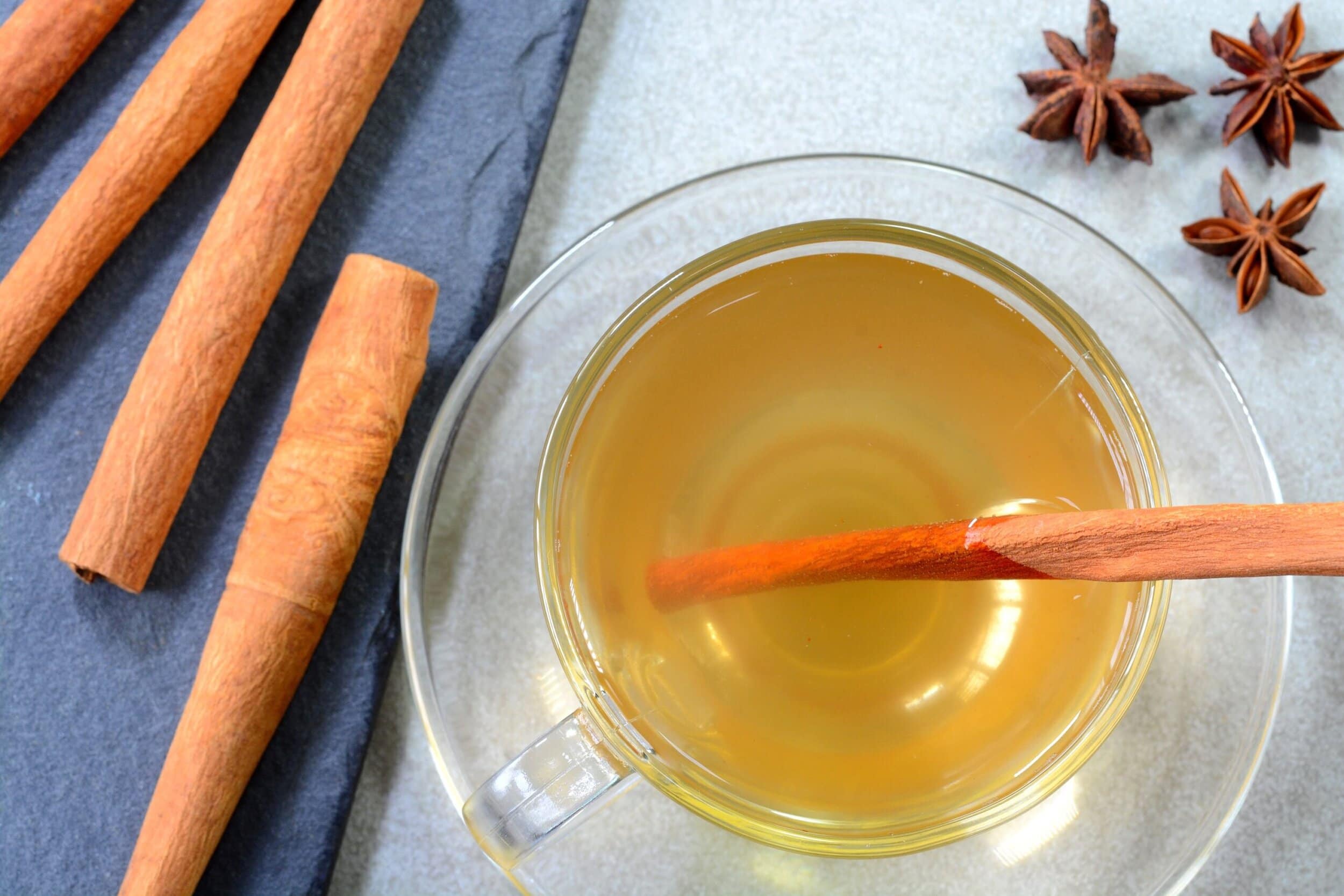



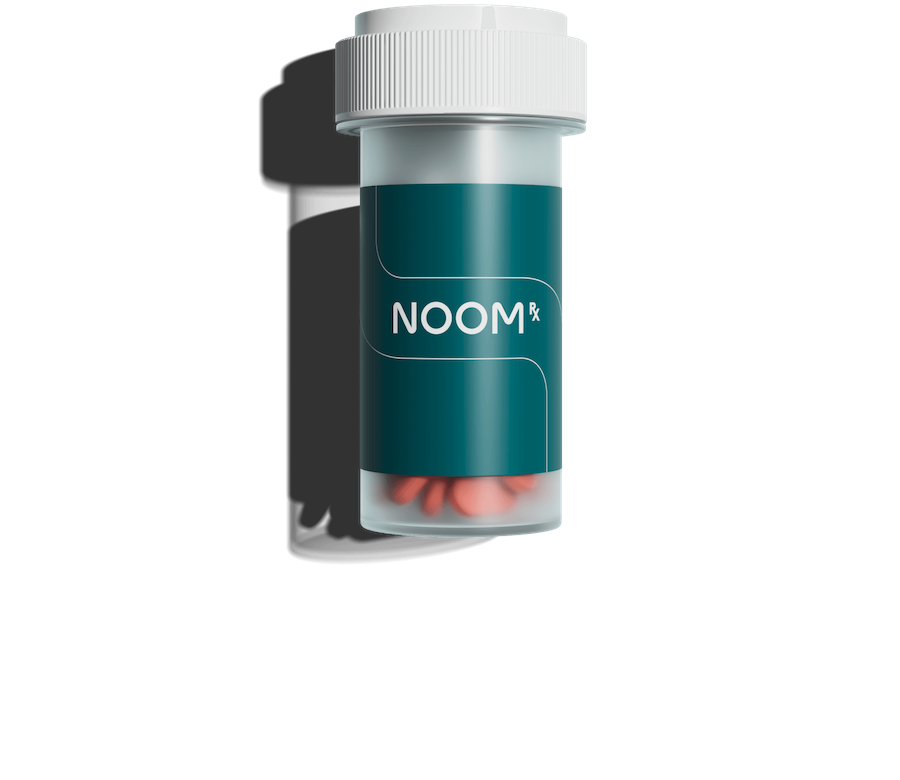
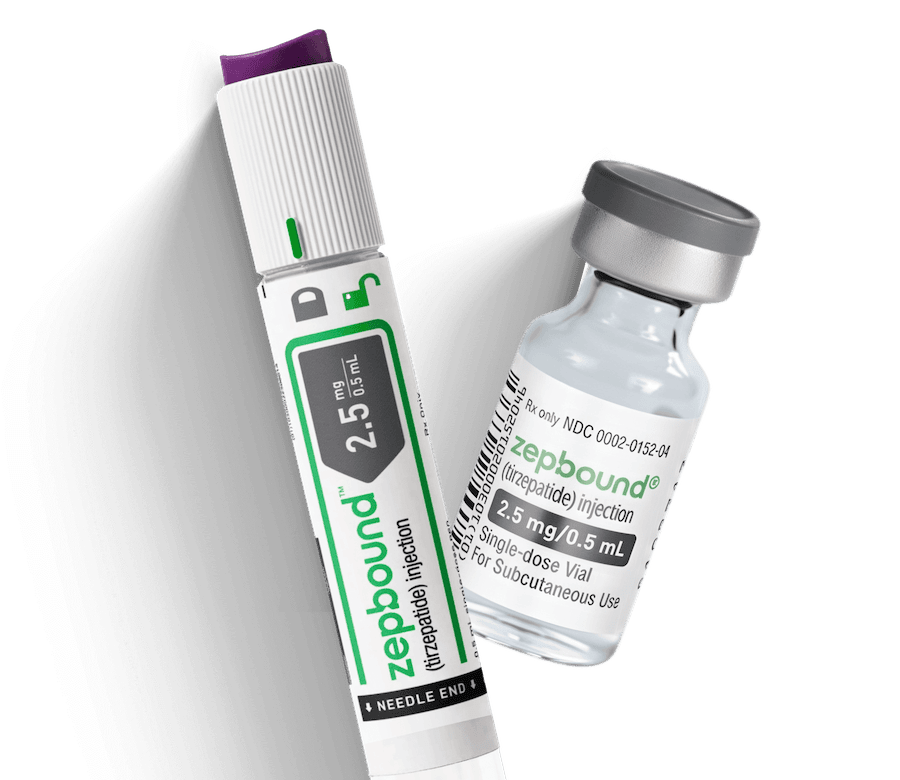
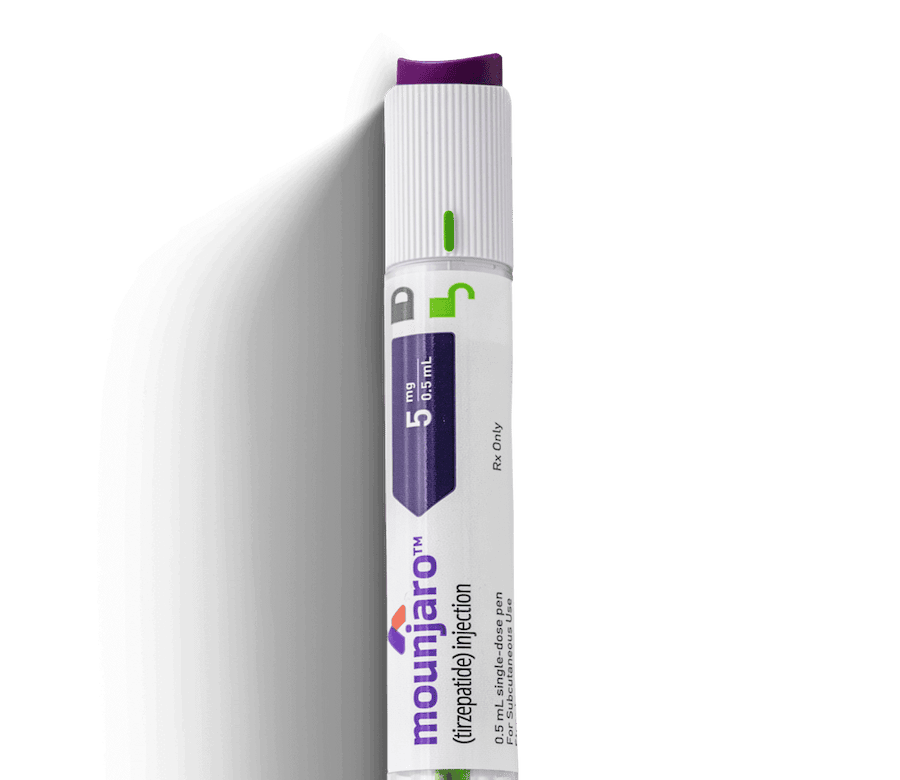













 Noom Team
Noom Team
 Shoshana Fishbein
Shoshana Fishbein

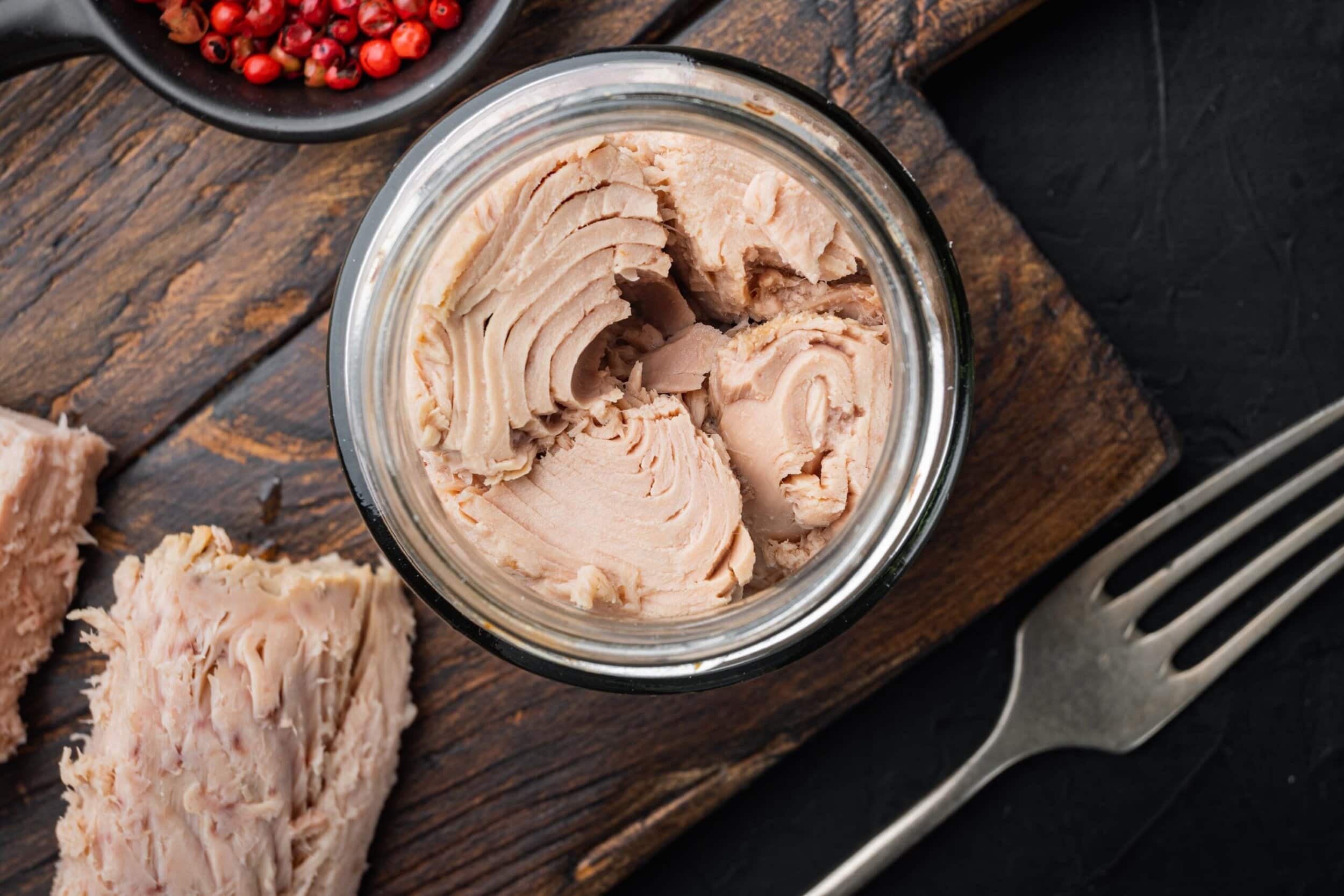
 Meaghan Cameron
Meaghan Cameron